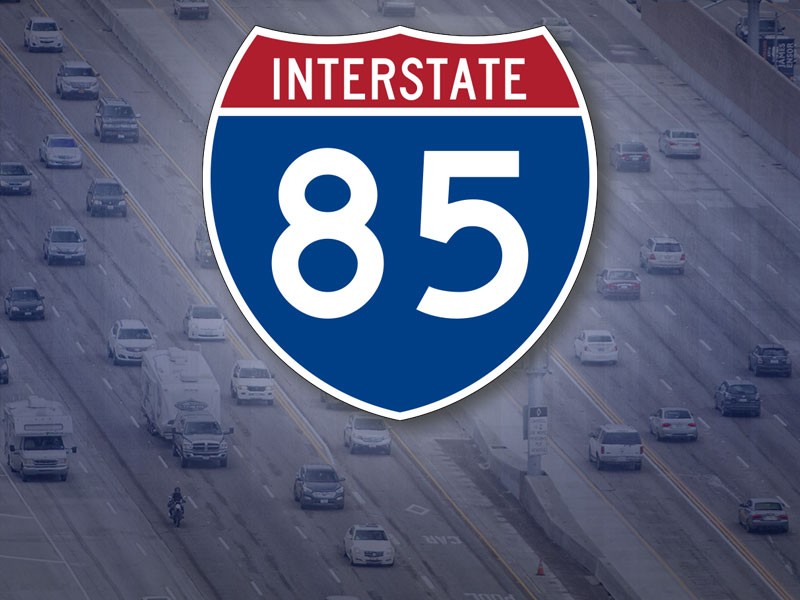Starting Monday, Dec. 9, the Georgia Department of Transportation and Georgia State University will be conducting a traffic impact study of North Georgia residents who may be impacted by the new I-85 express lanes.
"During the development of the I-85 express lane extension, Georgia DOT committed for three years to do user surveys along the corridor," said Georgia DOT spokeswoman Katie Strickland. "We've partnered with Georgia State University to conduct this multi-year study."
Strickland said the researchers from the university will spend about six months visiting various neighborhoods located near the I-85 corridor in North Georgia, asking questions about how the new lanes have impacted traffic.
"[They're] going to visit randomly-selected addresses and invite participants within five miles of the I-85 extension area - which is from Old Peachtree Road to Hamilton Mill Road on I-85 - to talk to us a little bit about their trip times, their fairness and access across all these groups of users since the express lanes opened," Strickland said.
Strickland said the same types of surveys are taking place in other areas where express lane extensions have occurred around the state.
Local law enforcement agencies are alerting residents in the survey corridor that they may get a visit from a researcher. For example, a social media post on the Flowery Branch Police Department Facebook page this week said the survey should take about 10 minutes, based on the information they have received.
All researchers should have identification indicating what they are doing.
The surveys will be conducted between the dates of Dec. 9, 2019 and May 24, 2020.










